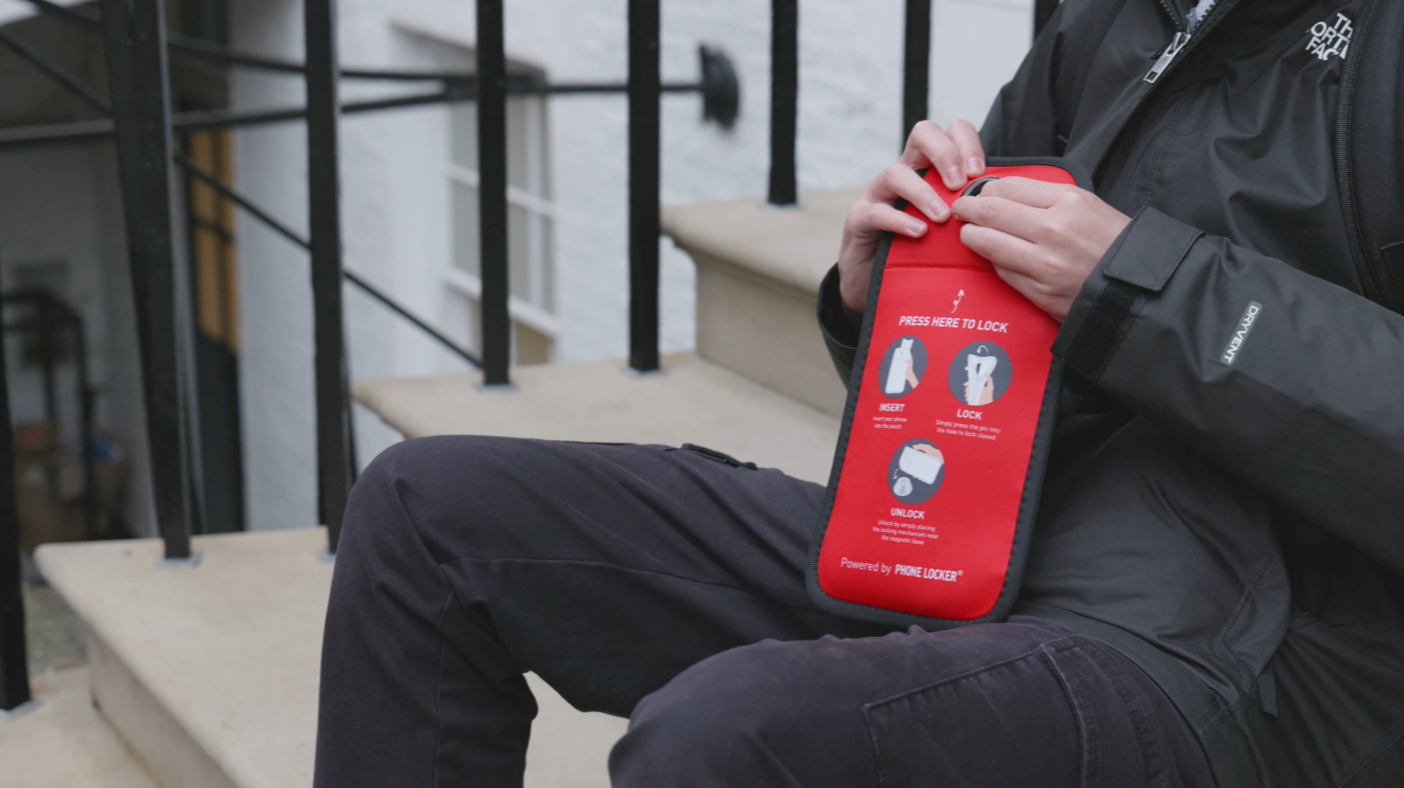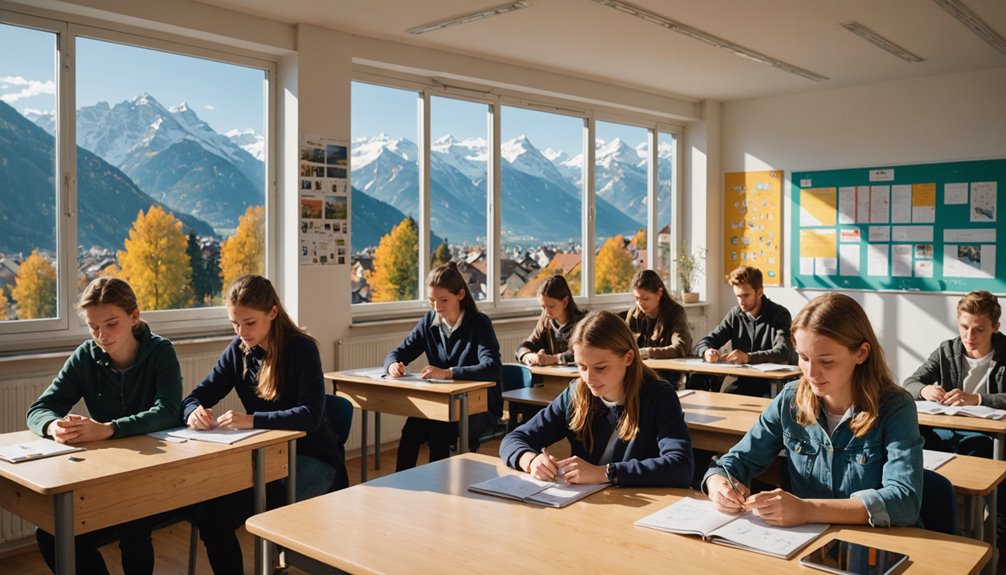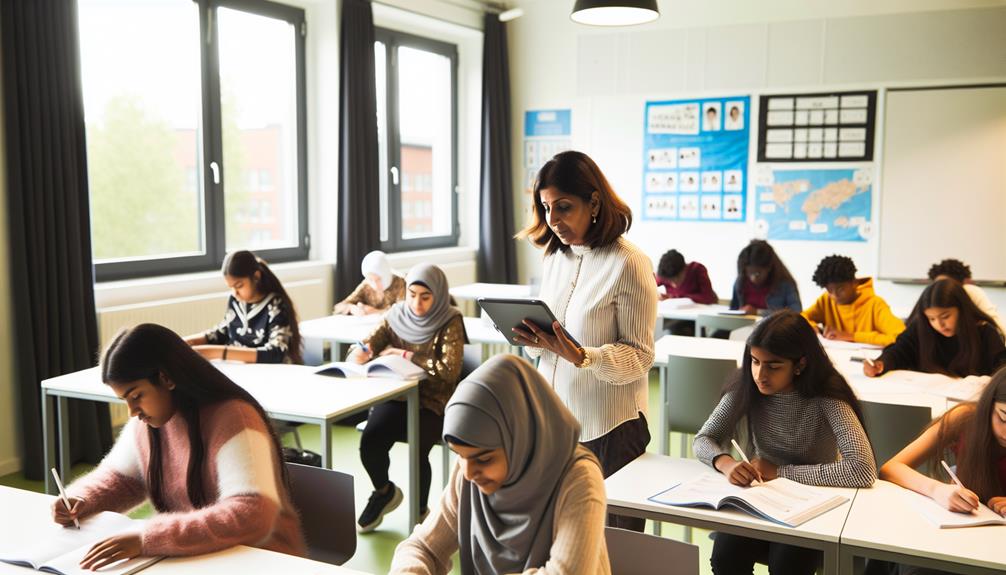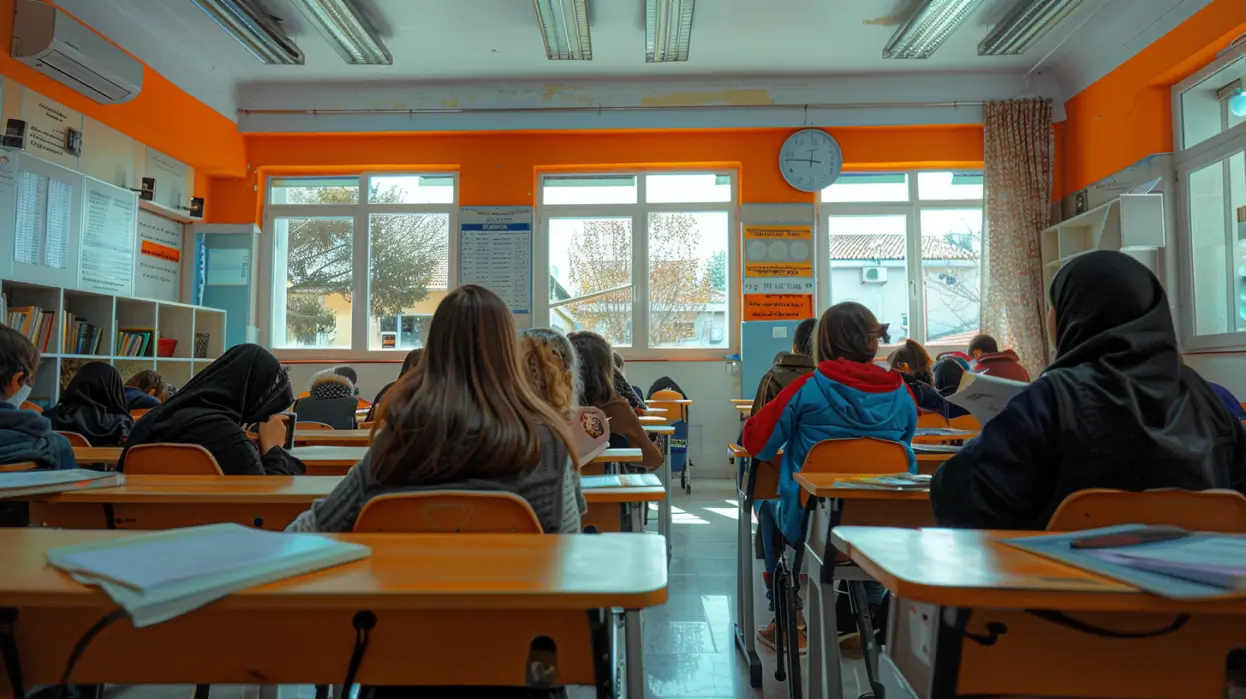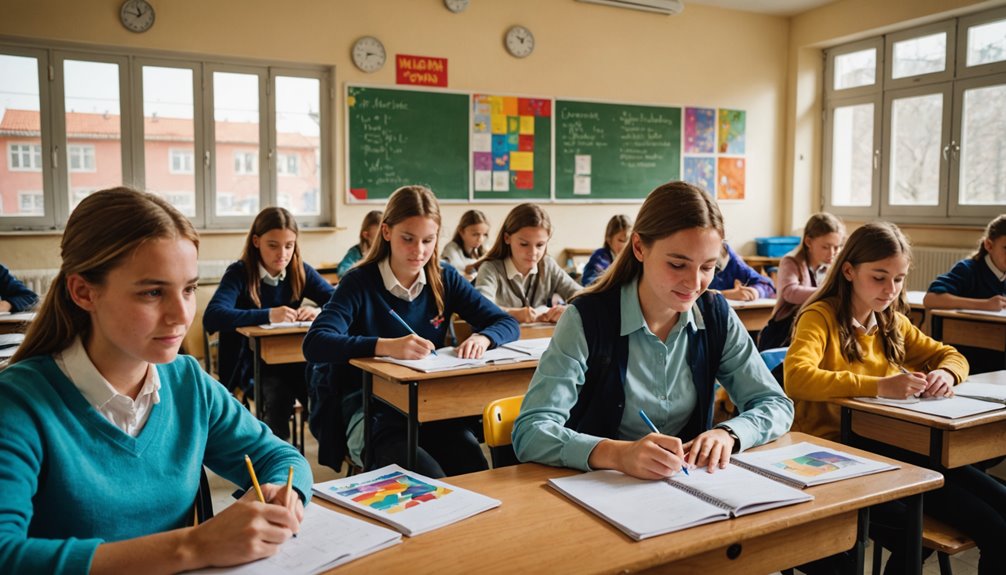Opiniões sobre proibição de telefones em escolas esquentam em toda a Europa
Há alguma contenção por toda a Europa sobre a abordagem de banir celulares e dispositivos inteligentes da sala de aula. Damos uma olhada no que está fazendo as pessoas ficarem em cima do muro.
Em 2021, Queensland, na Austrália, começou implementação de proibições de telemóveis nas escolas, seguido em 2023 por South Australia e New South Wales. Um ano depois, uma pesquisa com 1.000 diretores de escola encontrou 95% de apoio à proibição, com a remoção de telefones melhorando o foco do aluno e uma redução no isolamento social.
De acordo com a UNESCO, cerca de 25% de países introduziram proibições de celulares nas escolas. Os motivos variam, sendo mais sobre prestar atenção nas aulas. De país para país, outros motivos para remover smartphones incluem:
- Prevenção do cyberbullying
- Reduzindo a ansiedade de ter um telefone caro
- Melhorar a interação social entre as classes
- Reduzindo o vício na internet
Na Europa, a Holanda proibiu smartphones para escolas primárias e secundárias desde 2024, com as escolas autorizadas a definir suas próprias regras. Essa é a mesma abordagem no Reino Unido também, com orientação emitida no mesmo ano.
A França tem escolas sem telefone há ainda mais tempo, com a lei impedindo que crianças de até 15 anos usem seus telefones dentro das escolas desde 2018.
Então, se o feedback é positivo, por que alguns são contra escolas sem telefone?
Falta de autonomia para as escolas
Em países como o Reino Unido e a Alemanha, embora celulares e dispositivos inteligentes tenham sido proibidos, as escolas podem tomar suas próprias decisões sobre como isso será implementado.
Na Hungria, as coisas esquentaram, onde um protesto foi realizado por um diretor de escola pública, que foi demitido por não cumprir com a proibição nacional. Colegas professores disseram que o decreto do governo húngaro foi mal concebido e subdesenvolvido.
Na República Tcheca, as pessoas também estão protestando contra a proibição de telefones nas escolas, argumentando que o governo não deveria ter o poder de impor a proibição em todas as escolas.
Os professores de francês têm suas próprias preocupações, eles argumentam que ter os alunos entregando seus telefones coloca mais pressão sobre eles, com tempo perdido longe das aulas. Há também a questão de se os telefones são perdidos, danificados ou se os alunos se opõem a serem revistados.
Outro argumento é que os telefones não são necessariamente o inimigo e que, em vez disso, o currículo deveria incluir ensinar as crianças a serem responsáveis em uma nova era digital.
Qual é a solução para as escolas?
- Nenhuma questão de responsabilidade para escolas ou professores
- Não há necessidade de armazenar telefones
- Não há necessidade de procurar alunos
- Capacidade de dar acesso a qualquer momento

O Phone Locker® é um fornecedor líder de bolsas de telefone com trava, onde foram usados em lançamentos de produtos, shows musicais, teatros e salas de reunião em todo o mundo para criar espaços sem telefone. Em um curto espaço de tempo, escolas ao redor do mundo – do Brasil à Hungria – adotaram essas bolsas econômicas com grande sucesso.




